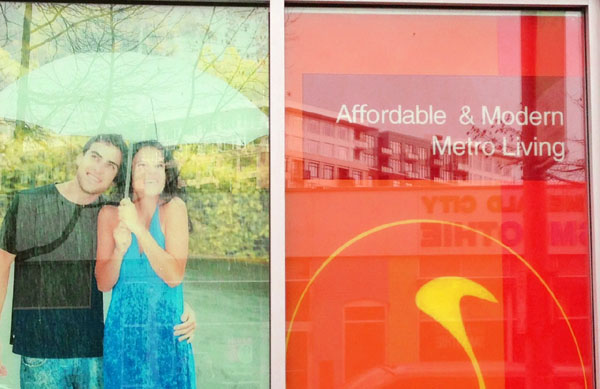Backwards: Seattle’s Land Use Code

In spite of its name, incentive zoning is a tax and taxes are the opposite of an incentive. We tax cigarettes partially for the revenue, but as a public health intervention it is very successful. The higher the taxes on cigarettes, the lower the smoking rate. By taxing new development we’re sending a message: building more housing is a bad thing and we’ll make it more costly if you do it.
The premise of incentive zoning is like something out of Joseph Heller’s Catch-22. According to the Seattle Municipal Code, building more housing creates negative impacts, especially “an increased need for low-income housing to house the families of downtown workers having lower-paid jobs.â€
More housing is a bad thing that has to be offset by taxing that new housing to create housing at a lower price. That’s right, the Seattle Municipal Code, the DNA of the city’s development, is built on the premise that more housing actually makes things worse in the city, so bad in fact that we have to tax it to create, well, more housing.
For some of us it’s clear that this premise is utterly false. What we really need is a true incentive that would coax developers to build more units even though they and their bank might not be sure there is demand for those units. In the real world, developers try to build just enough units to ensure low vacancies and steady rent revenue, no more and no less. True incentive zoning would reduce the risk of building too many units, encouraging an outcome that has broad benefits for the City and region.
But we have it completely backwards. Developers want to build more housing, and we’re discouraging them. If they built more housing, rents would be more competitive and people who earn “workforce†wages might choose to rent in South Lake Union, give up one of their cars, and skip home ownership for a while, setting aside their savings for a home purchase later.
Seattle City Council should back away from the proposals they are now considering to increase the taxes on new development in South Lake Union and possibly throughout downtown as well. Implementing such measures now, when housing demand is rising, will end up turning more newcomers to the region away from Seattle: exactly what we don’t want.
>>>
Roger Valdez is a blogger and Seattle resident.

